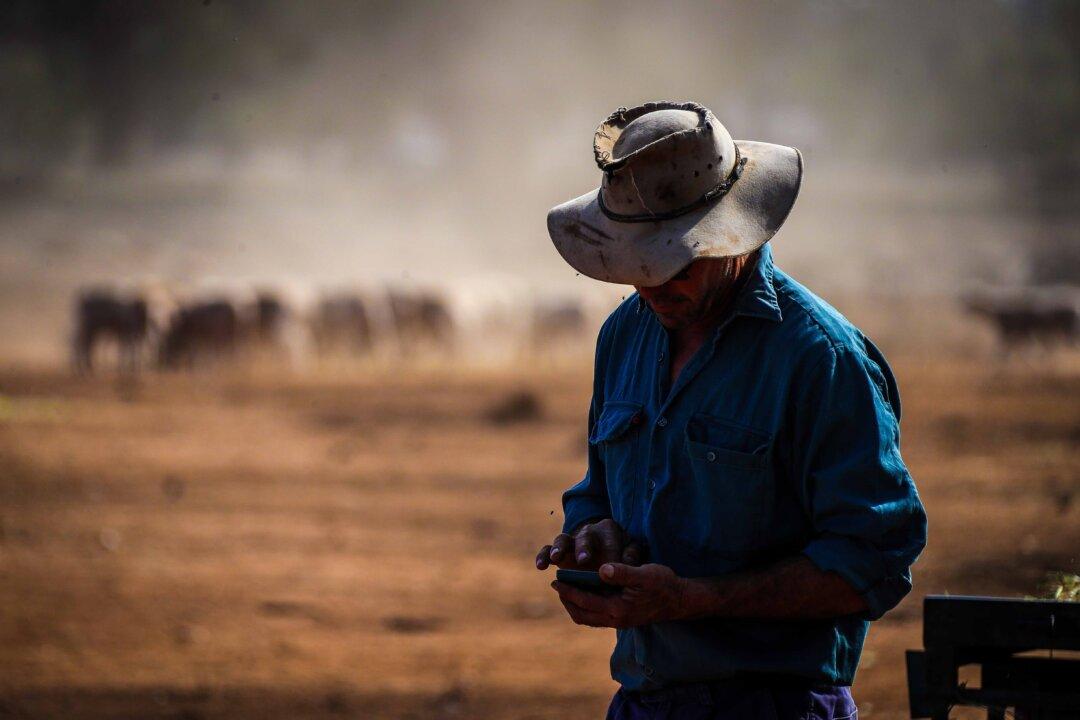Defence expert Michael Shoebridge has called China’s proposed tariff on Australian barley “economic coercion through lawfare,” continuing the regime’s long-running tactic of threatening countries with economic penalties if disputes arise.
It follows the Chinese Ministry of Commerce’s announcement on May 10 that it would consider placing tariffs on barley imports from Australia. The tariffs, which would add an extra 80 percent on top of prices, were in response to allegations Australia was “dumping” barley into the Chinese market.





